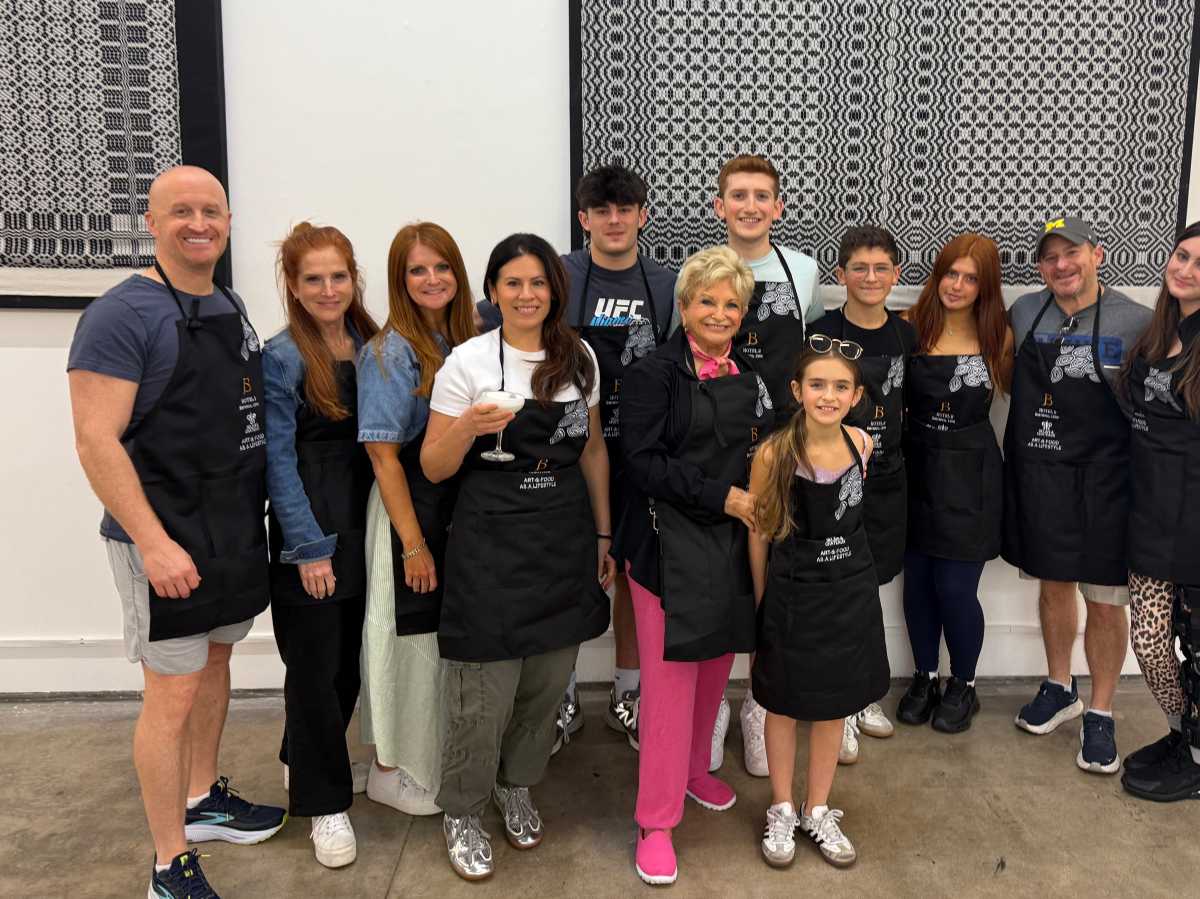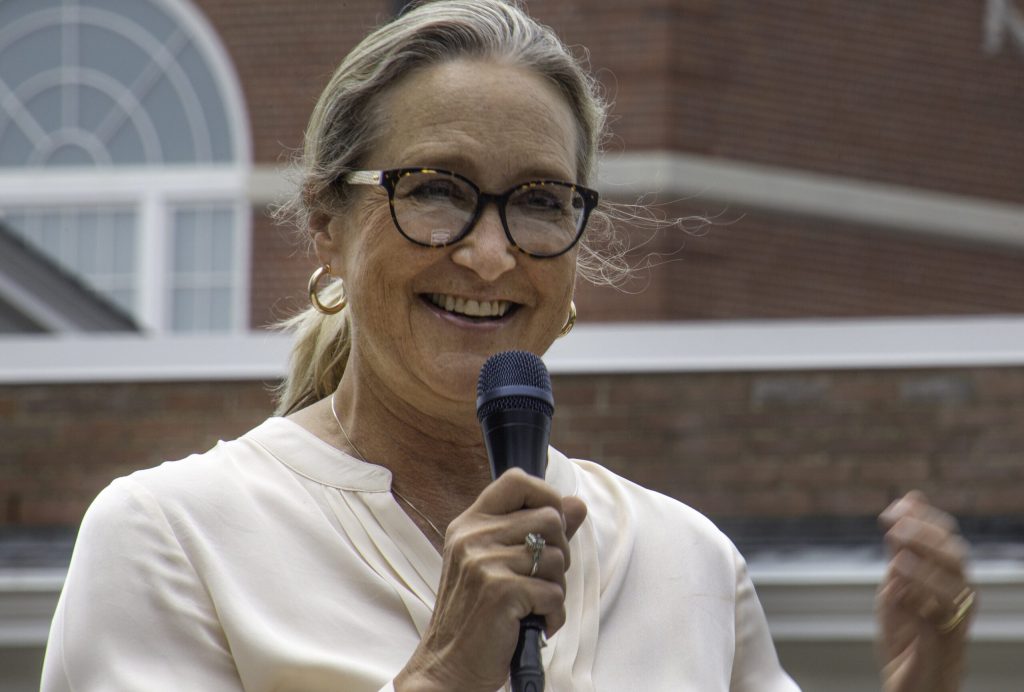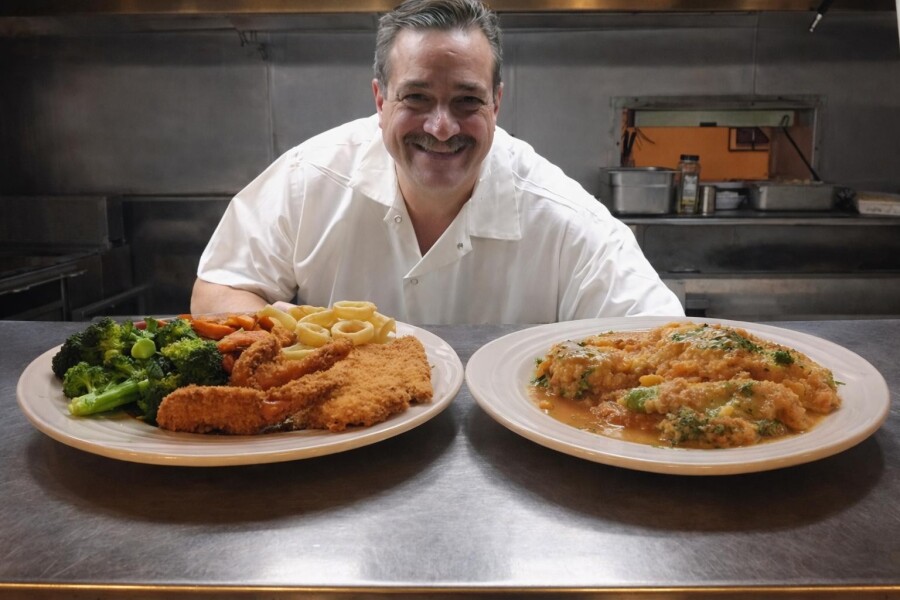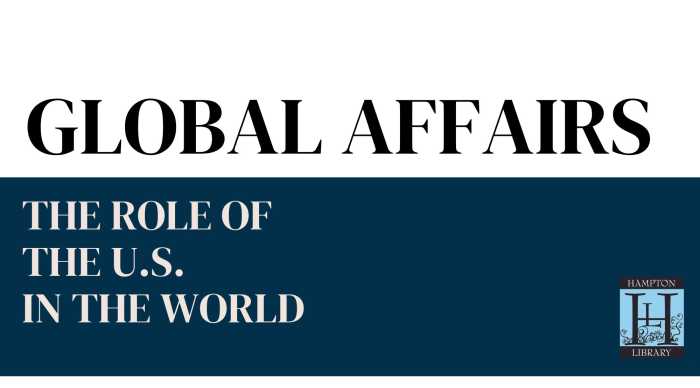Debra Sterling Walters: Outreach Director of the Suffolk County Legal Aid Society
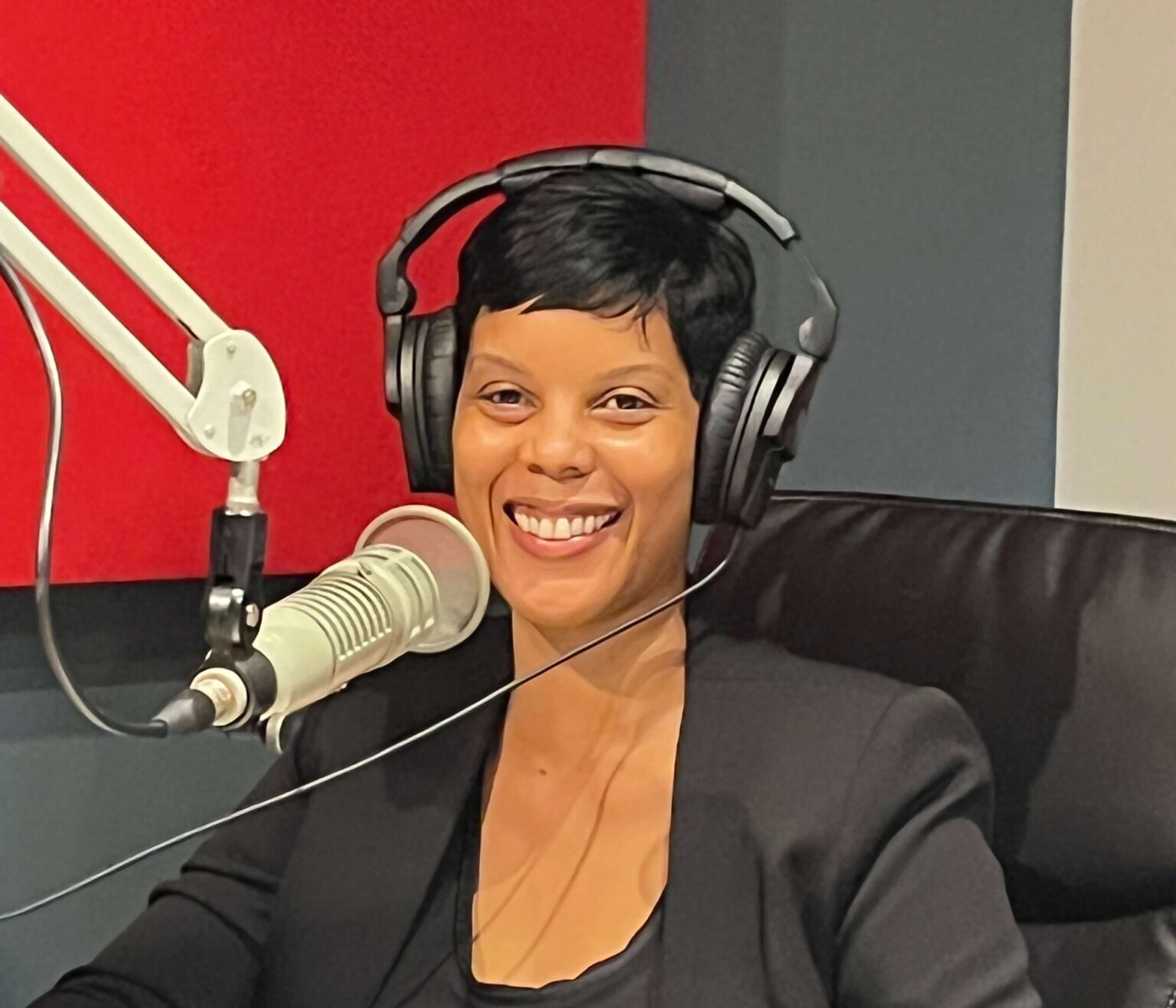
For some, being in a career where almost everyone thinks they know all about who you are and what you do would be a little daunting. For Debra Sterling Walters, it just compels her to work even harder to get the message out. Sterling Walters is the community outreach director for the Suffolk County Legal Aid Society.
She has been with the organization for five years, first as a mitigation specialist, working closely with individual clients while seeing that individuals are each a symptom of the community that they come from.
“As a mitigation specialist, my goal was to humanize the person, to understand what shaped them and how they ended up in court,” Sterling Walters, 48, explains. A mitigation specialist is part of the team that works on the client’s defense.
It was while working as a mitigation specialist that Sterling Walters realized that if she could get into each community — each little neighborhood or large community — many of the horror stories she would capture from the individual might be minimized if they had resources and people they could speak to before entering the criminal justice system.
“One way we attempt to do it is through representation,” says Sterling Walters, 48. “I want to collect as much information about the person before there is a trial, plea or sentence to find out who, on an individual level, are we representing.
“As with mitigation, the director of community outreach is quite similar,” Sterling Walters explains. “I work with the client directly but separate from the attorney. The attorney should be analyzing the case, evidence, etc. They come up with the defense; I come up with ways the client can move forward sometimes within the case and sometimes just moving on toward the future. What the mitigation specialist is creating is a narrative of what you’ve learned about the defendant,” says Sterling Walters, who is a certified mitigation specialist. “Our goal is to turn that name on a docket into a person, to help expose any circumstances surrounding that person’s ending up in court.”
A person doesn’t contact Legal Aid directly. Attorneys are assigned to a client who doesn’t have the means to mount a defense. Often the person is indigent or of extremely modest means. And, Sterling Walters adds, most are young, Black men.
“We have clients who are not able to put groceries on the table, much less mount a defense,” says Sterling Walters, who lives in Huntington with her husband. She has a daughter who lives in Florida and a son in Las Vegas, as well as six stepchildren. “We are the largest provider in the county for indigent representation,” she says.
She explains that when someone is assigned to Legal Aid, “as director of community outreach or someone who can help with mitigation, myself and my small team can usually help the individual to get through the case, past the consequences if any, and back into their community, where I usually set up a mini support system for the individual. Does it work every time? No! Does it work half the time? Not really, but it works, and if I can help one person to get through the same hurdles as I have witnessed in my own community, then, I have a purpose to keep going with the various communities.”
In her new position, one of her goals is to get the word out about Legal Aid. One way she does this is through a weekly radio show that runs Sunday mornings at 6:30 a.m. on WALK FM 97.5. She is joined by co-host Bryan Browns, an attorney and chief legal operations officer for Legal Aid.
“We want to inform the listener, not just in Suffolk County, but well beyond,” Sterling Walters explains. “It is important that we bring light to and explain issues in the criminal justice system. We invite guests who are working in the system.”
Their guests have included those who have been victimized by the system and are now working to make changes, as well as those responsible for making the laws.
“Our goai is that, like other things we do, we hope to humanize our guests,” Sterling Walters says. “We also want to inform our listeners, be instructive and give people a better understanding of the court system. Just as we inform them about the court process, I’d encourage people to go and sit in on a court case. It is free and informative.”
One thing that may not be immediately understandable is how detrimental a court case can be on the individual.
“By looking at the person, you may not be able to tell how devastating that arrest can be to someone low on the socioeconomic ladder,” Sterling Walters says. “If you’re living paycheck-to-paycheck, an arrest is devastating. It could mean losing your apartment, losing your job, crippling your family.”
Legal Aid’s efforts don’t begin or end in the courtroom. Whether it is the outreach Sterling Walters does, or the mitigation specialist in the community, they wish to become a recognizable face, a viable option for information and a trusted source.
“Our goal is not just that people survive, but to thrive,” Sterling Walters says. “We want those going through the process to understand they are not alone. Help doesn’t end with the end of the case.”
Todd Shapiro is an award-winning publicist and associate publisher of Dan’s Papers.
